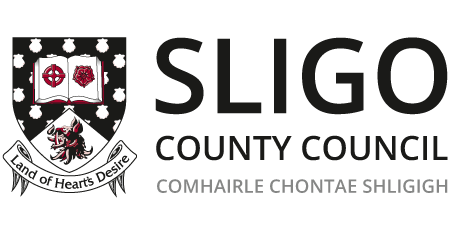Fire Safety in the Home
Fire Safety Information
Fire Safety in the Home - Booklet (PDF) - 6,392 kbs 
Fire Safety at Home (PDF) - 2,035 kbs 
Smoke and Heat Alarms (PDF) - 1,603 kbs 
Fire Safety in Flats and Apartments (PDF) - 3,482 kbs 
Fire Safety for Older People (PDF) - 2,089 kbs 
Fire Safety in Caravans (PDF) - 5,404 kbs 
Together We Can STOP Fire:
S - is for Smoke alarms. Make sure you have at least one on every level/floor.
T - is for Test your smoke alarms weekly or ask someone to check it for you.
O - is for Obvious dangers. Look out for fire risks like overloaded sockets, candles and unattended appliances.
P - is for Plan your escape route. Keep access routes clear and have your keys at the ready.
Avoid:
- Overloading sockets:
- Charging phones overnight or on the bed:
- Smoking when tired
- Leaving burning candles unattended
- Leaving young children unattended
- Leaving matches and lighters where children can get them
- Leaving chip pans, frying pans, etc unattended:
- Standing too close to fires, heaters, etc
- Using faulty electrical appliances
Make sure to:
- Have your chimney cleaned at least once a year
- Use a sparkguard with open fires
- Use proper holders when burning candles
- Keep ashtrays empty when not in use
- Have a suitable fire extinguisher and fire blanket in your kitchen
- Have faulty electrical appliances repaired or replaced immediately
- Close all doors at night time
- Carry out a routine fire safety check before going to bed

